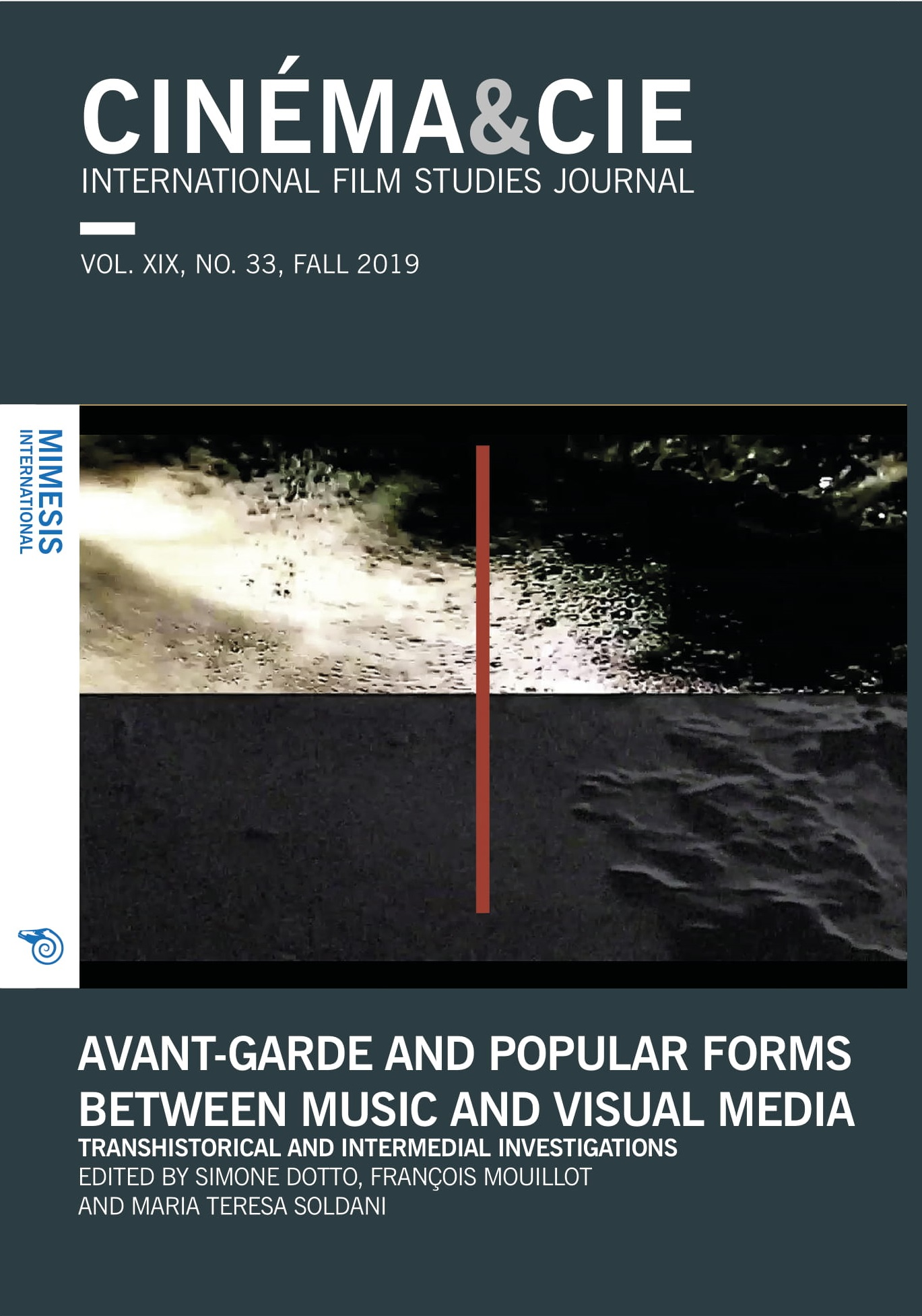The Avant-Garde Roots of Video Game Music and Algorithmic Culture
Abstract
The enclaves of post-industrial capitalism are surrounded by audiovisual panoramas that have emerged from European and American avant-garde experiments in composition and multimedia experience. Avant-garde approaches towards the technologization of music and democratic media choice were transformed within the consumer culture of the 1980s, and are now consolidated as commerce within modern algorithmic culture. More than any other medium, video games most fully reproduce the encompassing, participatory ideal of the postwar avant-garde, but transfused with a relentless commercialism. Video games surround the player with choice, but the impetus to design these enveloping audiovisual environments does not come from the attempt to democratize culture — it comes from an overarching consumerism and the rationalization of computer logic. Avant-garde experiments in participatory art, named ‘democratic surrounds’ by Fred Turner, and interactive music in games share a genesis in the politics of media participation that developed after World War 2, but also in the logic of computerization. The modularity and automation of new media that creates a panorama of uniquely individuated audience experiences is not new, but the meaning of media interaction has been radically transformed within a hyper consumerism that developed towards the end of the millennium.
Downloads
Downloads
Published
How to Cite
Issue
Section
License
Copyright (c) 2021 Cinéma&Cie. Film and Media Studies Journal

This work is licensed under a Creative Commons Attribution 4.0 International License.





